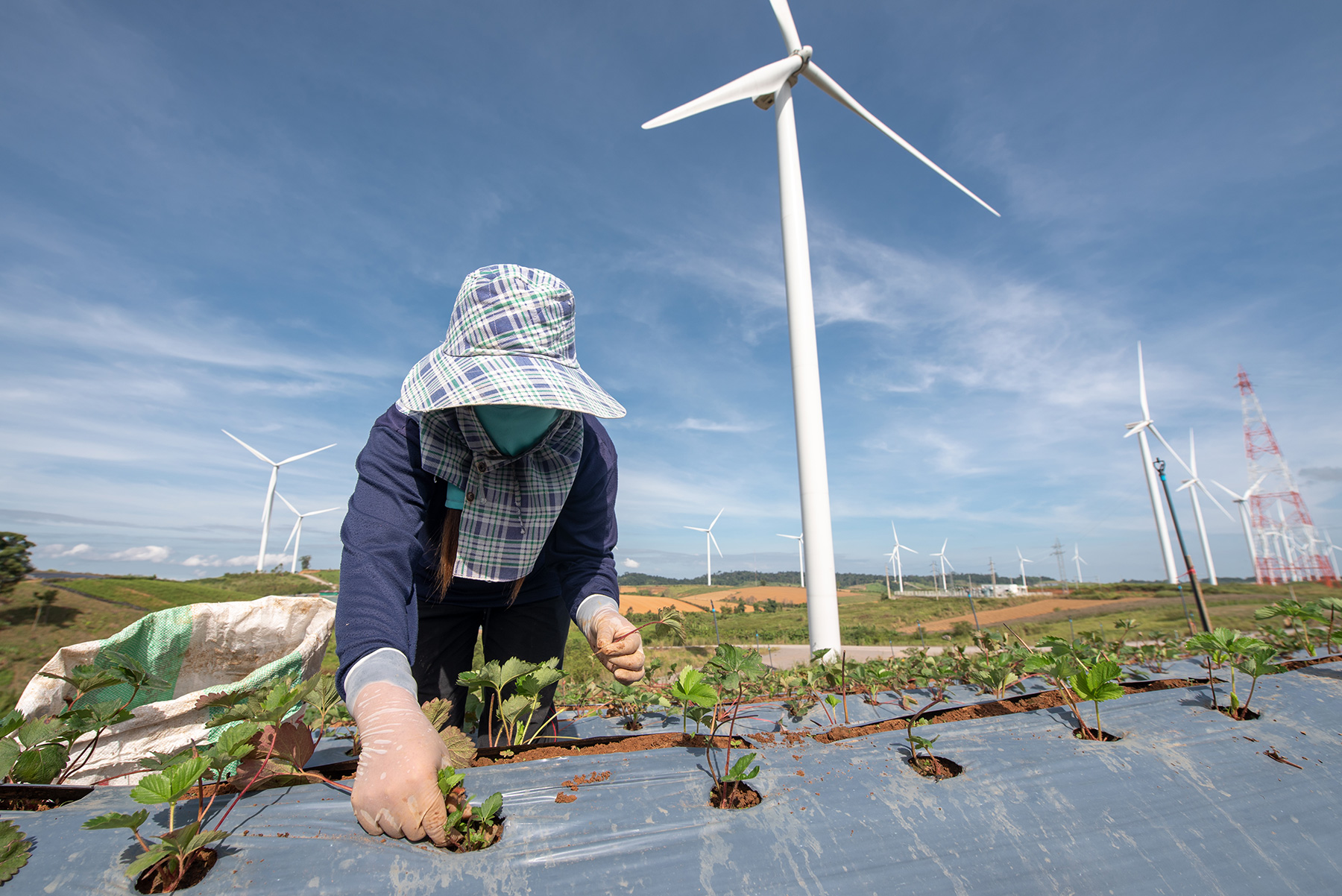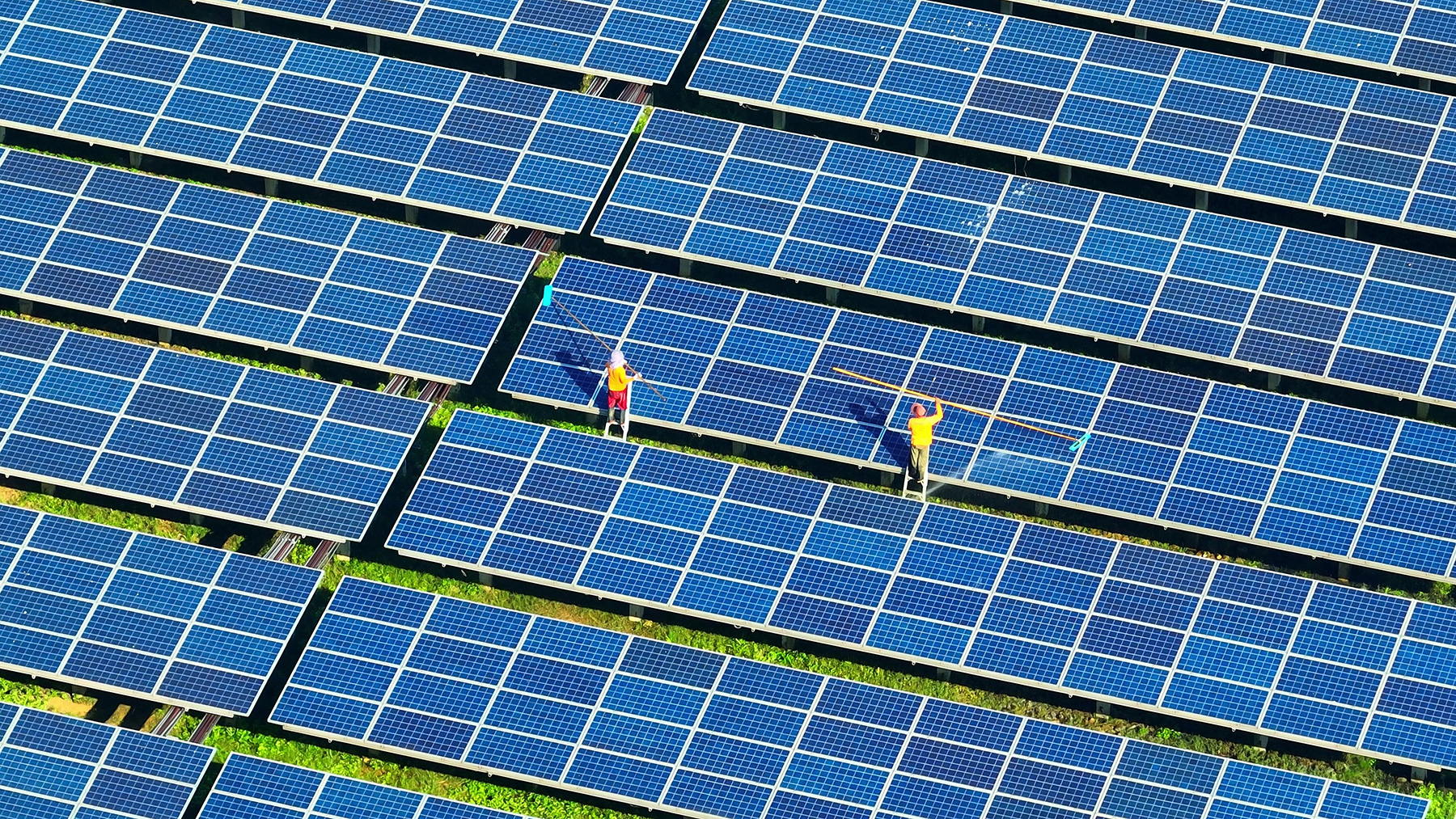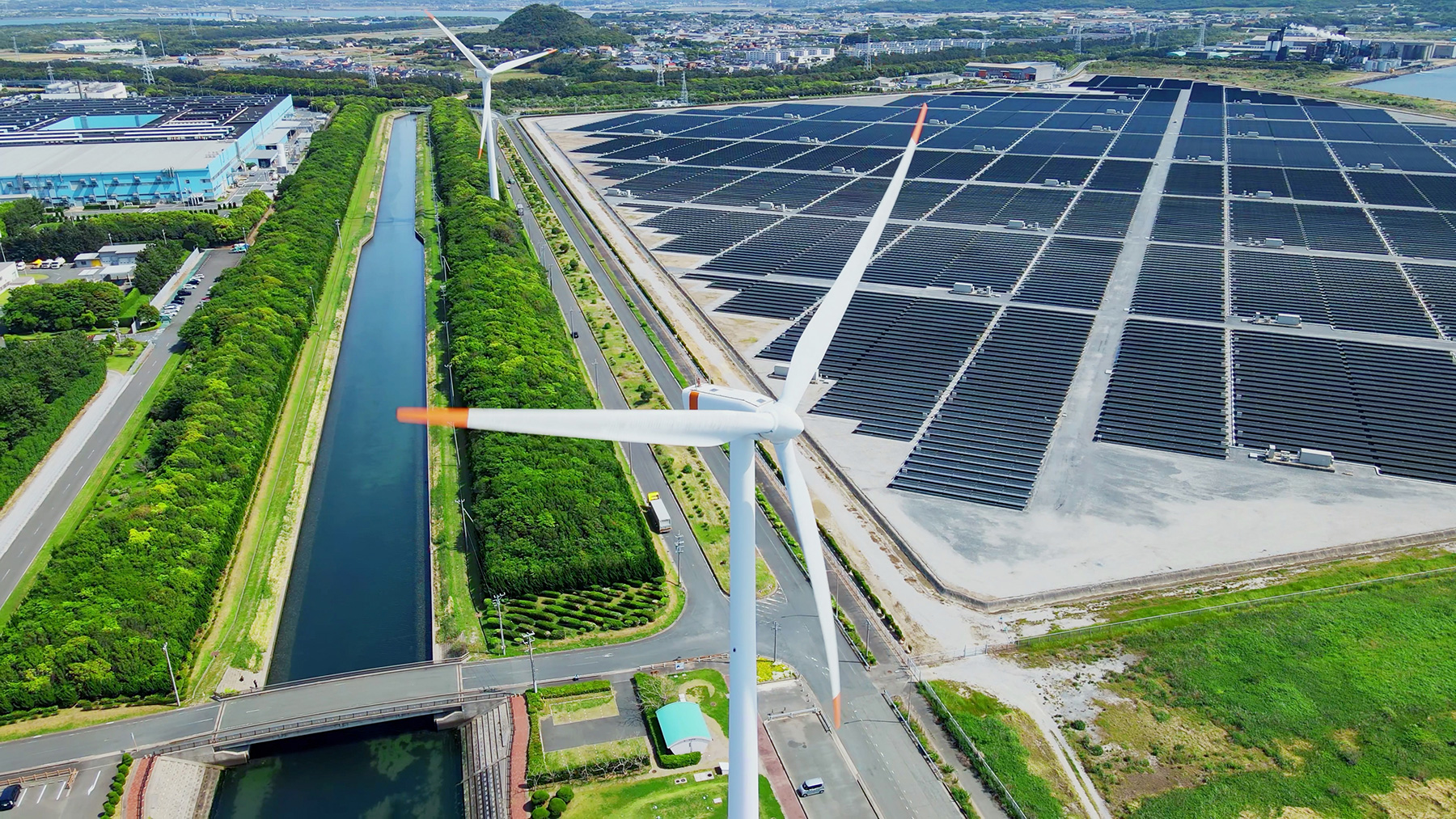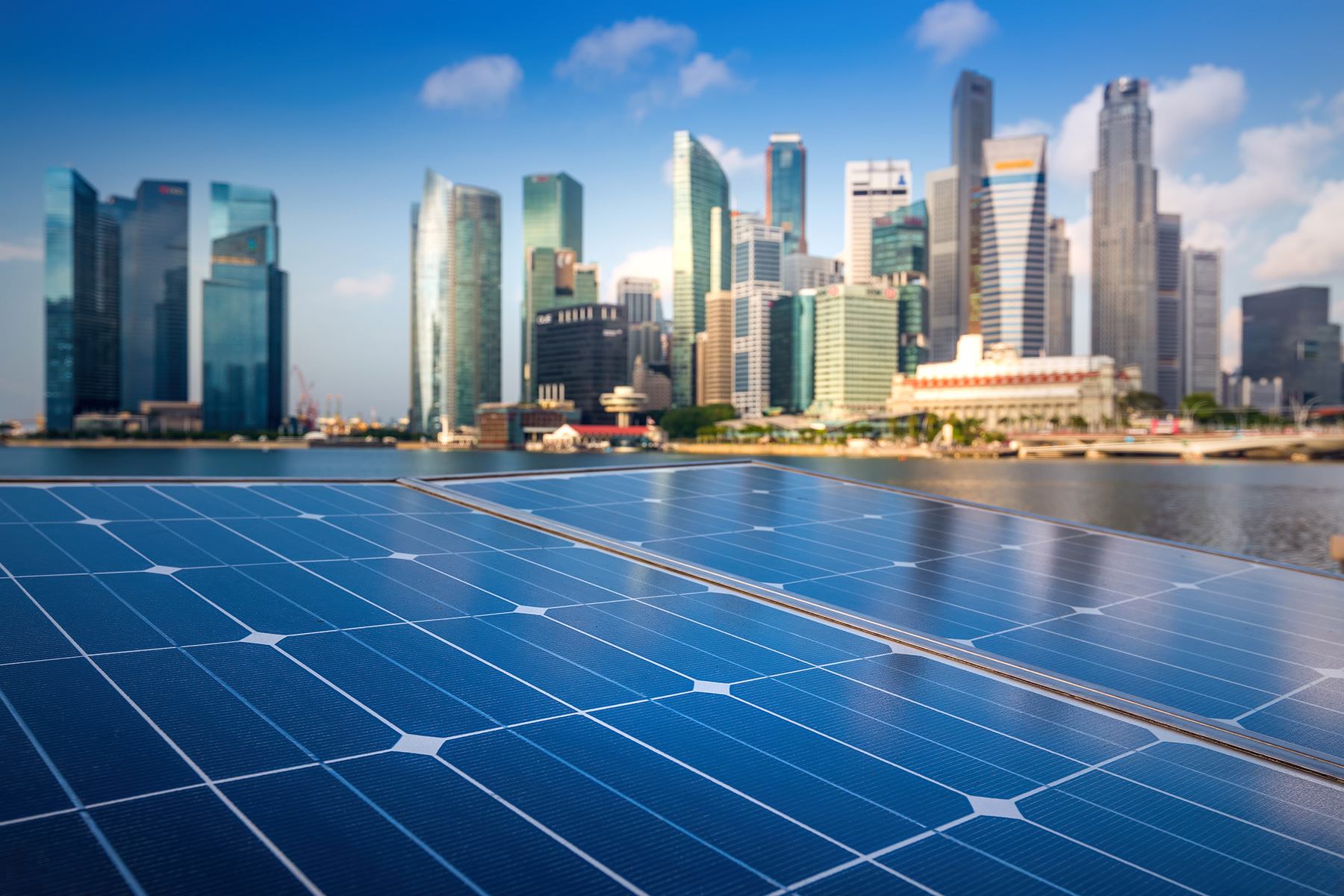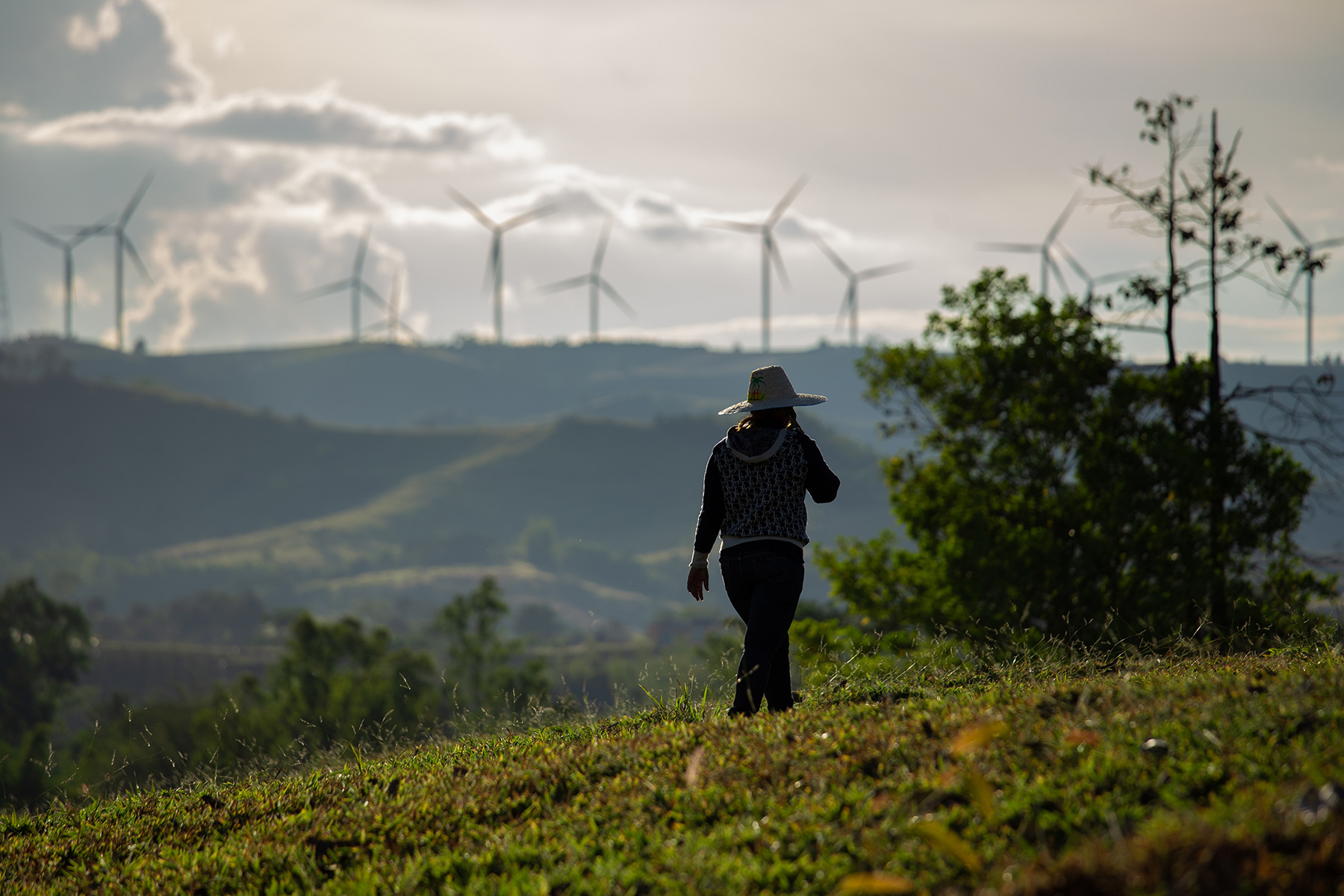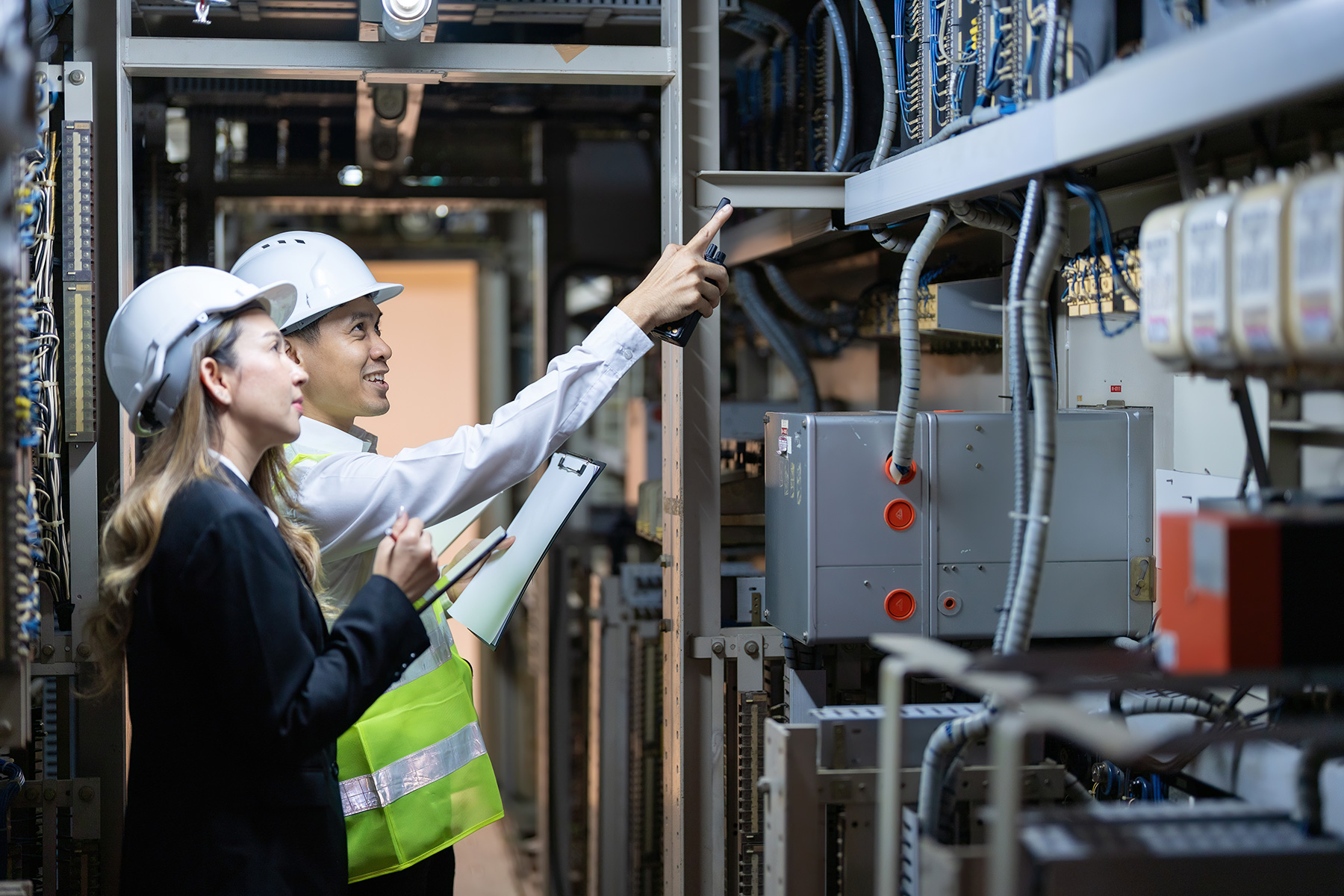Fostering collaboration to support clean industrialisation in Asia
Asia is the world’s manufacturing powerhouse, responsible for a significant share of global industrial emissions. As the region’s economies continue to expand, key industrial sectors such as steel, cement, chemicals, and manufacturing must adopt comprehensive decarbonisation strategies to reduce their emissions and environmental impact, all while sustaining economic growth.
Our partners foster collaboration between governments, industry leaders, private finance, and civil society across the region to make this a reality.
By embracing innovation, industries can tap into new markets, improve their competitiveness, and meet increasingly stringent regulatory standards, particularly in international markets where sustainability is becoming a core requirement for trade. For countries that act early by adopting lower-carbon industrial policies and establishing economic zones, there’s the potential to become global hubs for more sustainable manufacturing—creating jobs, attracting investment, and ensuring long-term economic stability.

NEXT group is an independent energy and climate policy think tank in South Korea dedicated to developing ground-breaking quantitative research and analysis to accelerate Asia’s net-zero energy transition.
Through 2023-24, NEXT group published its pioneering Korea Net Zero Steel Roadmap, Korea’s first steel sector net-zero roadmap aligned with a 1.5°C-compliant pathway, offering a comprehensive set of technological strategies for South Korean steelmakers to achieve more ambitious carbon reduction targets. The roadmap highlights the potential of transitioning from coal-based processes to electric arc furnaces (EAF) and hydrogen reduction technologies, which would accelerate emissions reductions while enabling steelmakers and steel-dependent industries to strengthen their global competitiveness, all without prolonging the lifespan of existing blast furnaces.
To better understand the role of green hydrogen in industrial decarbonization, NEXT group has conducted an in-depth analysis of green hydrogen import costs and emissions to Korea, considering different storage and transportation methods (maritime and land). Based on the findings of this analysis, Korean corporates and policymakers can make more informed decisions about procuring green hydrogen in a cost-effective and climate-friendly manner.

Recognising the fashion industry’s significant energy consumption in Bangladesh, particularly within the apparel sector, which represents over 15% of the country’s total energy use, Oxfam is working closely with industry stakeholders to drive a just transition towards renewable energy, enabling the sector to reduce its carbon footprint while safeguarding workers’ rights and ensuring fair wages.
It’s played a key role establishing platforms for multi-stakeholder dialogues, such as the national Climate Action Forum and the Sustainable Apparel Forum, convening a wide range of stakeholders, including the ready-made garment (RMG) industry, development partners, civil society organisations, government representatives, and brands, to advocate for policies that enable a circular economy and foster a just social transition for the industry.
In 2023, Oxfam successfully partnered with the Bangladesh Garment Manufacturers and Exporters Association (BGMEA) to promote ethical pricing and advance just transition strategies. As a direct result, 50 factories have committed to transitioning to renewable energy, targeting 5-8% renewable energy integration into their operations. Oxfam is focused on strengthening these commitments, positioning the ready-made garment sector as a global leader in the transition to sustainable production practices.
As a next step, Oxfam is investing in capacity building for technical employees across the RMG sector to equip them with the knowledge and skills necessary to leverage energy transition opportunities.
Additionally, it’s advancing initiatives to address the Urban Heat Island effect and promote climate adaptation strategies, while advocating for energy efficiency measures that can reduce emissions and improve indoor working conditions. Oxfam is also collaborating with financial institutions and policymakers to create scalable mechanisms for industrial emissions control, further accelerating the transition to sustainable industry practices and ensuring a just, inclusive future for workers and communities alike.

